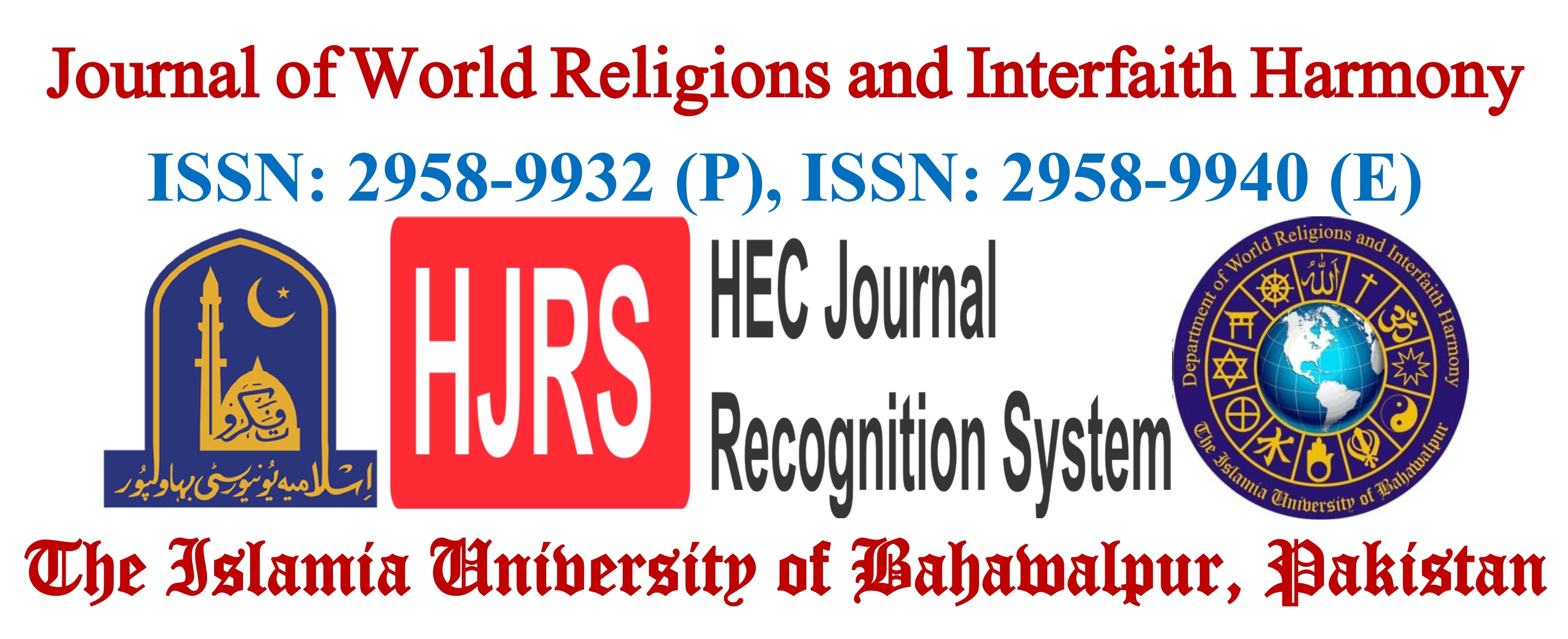Religious / Quranic Text, Translation, and Generative AI: A Comparative Analysis of Online Sources and ChatGPT
DOI:
https://doi.org/10.52461/jwrih.v3i1.3102Keywords:
Translations of the Holy Quran, Generative AI (Artificial Intelligence), Comparison, Gaps, ChatGPTAbstract
Artificial Intelligence is growing rapidly and influencing almost all aspects of human life and its activities. One aspect of human life that is influenced by artificial intelligence is the interpretation of religious texts, including the Holy Quran, its translation, and various traditional and modern interpretations to meet the needs of time.
It could facilitate the interface and discussion between ancient wisdom and modern technological advancements, therefore it is important to evaluate AI and its impact on religious spheres. This article will highlight the importance of generative AI tools, especially ChatGPT, and their implications for religious studies, especially for Quranic studies and other relevant aspects, as well as their analysis text and its translation for accuracy to facilitate the readers and researchers of religious studies generally and Quranic Studies especially.
It will further analyze the information available online retrieved through authentic sources through the Google search engine and the information generated through AI tools, especially ChatGPT, and examine the gaps and similarities. This comparative analysis will help the researchers on the one hand to understand the importance of generative AI tools and on the other hand, analyze its implications for Quranic studies and their translation and will pave the way for religious scholars, and IT experts to collaborate for the greater and common good to improve further and also emphasize the careful use of artificial intelligence and do further research.
Downloads
Published
How to Cite
Issue
Section
License
Copyright (c) 2024 Dr. Atiq-ur-Rehman

This work is licensed under a Creative Commons Attribution-NonCommercial 4.0 International License.






